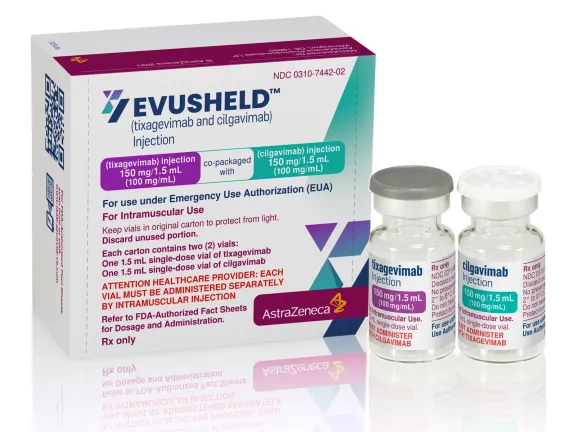Shortly after the onset of the pandemic, James E. Crowe Jr., MD, Robert Carnahan, PhD, and Vanderbilt Vaccine Center team made a significant and timely breakthrough with their discovery of a long-acting monoclonal antibody combination that protects against COVID-19 in high-risk individuals. Six antibodies were subsequently licensed to global pharmaceutical company AstraZeneca in June 2020 for the clinical trials that led to the development of Evusheld, the first antibody therapy authorized in the U.S. to prevent COVID-19 symptoms before virus exposure.
The Vanderbilt team’s life-saving work, which was previously awarded a gold medal in R&D World Magazine’s 60th Annual 2022 R&D 100 Awards, has now been included in Time Magazine’s list of Best Inventions of 2022.
“We’re grateful that the research and development community has recognized the teams at Vanderbilt and AstraZeneca that put forth so much effort under adverse circumstances in 2020 to bring this antibody drug to approval,” said Crowe, Ann Scott Carell Professor and professor of Pediatrics and Pathology, Microbiology & Immunology. “Fortunately, the antibodies are still bringing benefit to patients at risk of severe infection.”
The FDA’s emergency use authorization of Evusheld in late 2021 made preventive treatment available for the roughly 2% of U.S. residents who are immunocompromised. Evusheld provides protection comparable to what healthy people receive from COVID-19 vaccines, and a single dose provides protection for six months.
Learn more about Vanderbilt’s COVID antibody research in this article from the VUMC Reporter.
